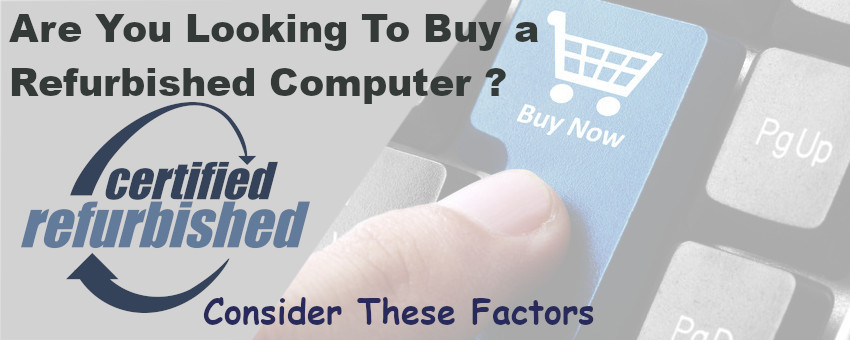TIPS FOR FINDING THE BEST COMPUTER FOR STUDENTS
As a student you need to do researches on the internet, write papers and long reports, communicate with teachers on a regular basis, create presentations, do excel spreadsheets and much more. For these tasks you need the right computer and how will you know which type of computer to purchase? Here are a few tips for finding the best computer for students.
Desktops vs. Laptops
Most desktop computers have more powerful components, giving them a longer lifespan than a laptop. They are also less likely to accidents, more difficult to steal, and easier to upgrade. If buying a computer for a high school student, a desktop computer may be ideal so that you don't have to worry about it getting lost or broken.
That all said, laptops are preferable for college and university students due to their mobility. Laptops are also better suited for cramped work spaces. Most Universities, Colleges and Schools offer wireless internet connections so that students can connect to the web on their laptops anywhere on campus/school.
Things To Look For In A Personal Computer
How powerful your computer needs to be depends on what you plan to use it for. If you mostly writes papers, do research, surf the internet or just basic tasks, a low budget Entry Level Laptop will be right for you. An art design or computer engineering student will need a more powerful device like Mid Range Laptop or even a more powerful High End Laptop.
These are the specifications to look at when assessing a computer's capabilities:
Storage Capacity: 1TB is more than enough for the average user. If you need more space, you can purchase an external hard drive or external solid state drive.
Processor Speed: Processing speed should only be a concern if you plan to run hefty programs like video editing software or online games. In that case, you'd want a processor(CPU) that can clock between 2.2 - 3.4GHz.
Memory (RAM): 4 - 8GB is now the standard for laptops, and that's plenty for most people. It's usually possible to upgrade to more memory(RAM) if you need it.
Connectivity: Most laptops come with a wireless adapter, but not all desktops comes with it and you need to purchase an optional adaptor. You should also consider the number of USB and HDMI ports available.
Webcam: Most laptops come with built-in webcams, but they vary in quality. You can always purchase a better external webcam if you need one.
Nice To Read: We Are Selling Refurbished Computers
Computer Peripherals & Accessories
Printer: While electronic documents are mostly accepted, a laser printer is still a good investment for when you need hard copies.
Security Devices: Computer security devices such as cable locks are a good idea for those who use their laptops in public spaces.
Carrier: A durable computer bag or backpack is a necessity for laptop users.
For Cost Savings, Consider Refurbished Computers.
The cost of computers ranges widely depending on the brand, model, and technical specifications. You can sometimes save BIG on buying a refurbished computer. Refurbished computers were purchased and returned for whatever reason—whether it was a technical problem or the owner didn't like the keyboard.
Speaking of Refurbish…: Choose from well known refurbished computer brands
Once returned, the laptops are wiped clean, tested, repaired (if necessary) and then resold for less. HP, Dell, Toshiba and Lenovo are among those with a refurbished section on Tsele le Tsele Tech Shop.






